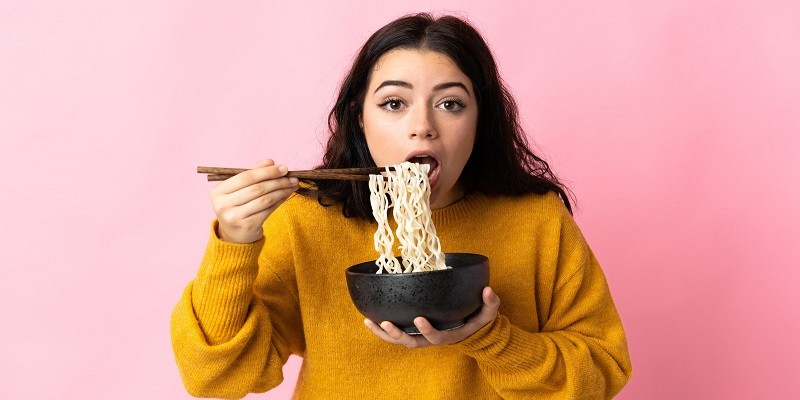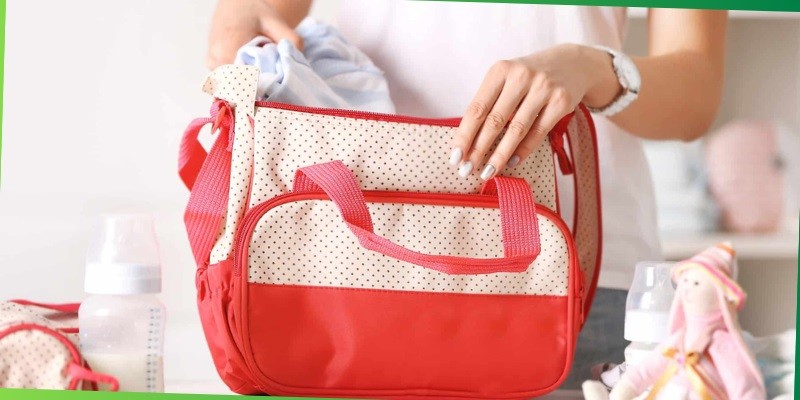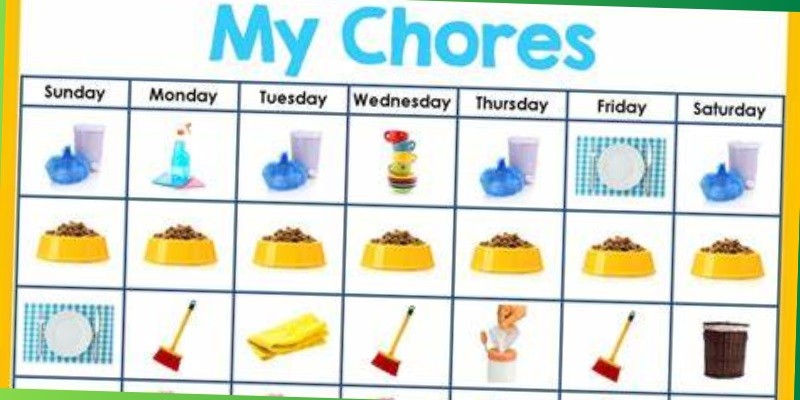Last Updated on May 26, 2024
Yes, you can eat instant noodles during early pregnancy in moderation, but it’s important to be mindful of their nutritional content and potential risks.
Instant noodles are a popular and convenient food choice, but their nutritional value and potential risks during pregnancy raise concerns. While an occasional serving may not cause harm, it’s crucial to understand the implications of consuming instant noodles during the early stages of pregnancy and take necessary precautions.
What is Instant Noodles?
Instant noodles are pre-cooked and dehydrated noodles that can be quickly prepared by adding hot water or broth. They often come with seasoning packets containing salt, MSG, and other additives to enhance flavor. Instant noodles are known for their convenience but lack essential nutrients for a healthy pregnancy diet.
Nutritional Value of Instant Noodles
| Nutritional Value | Details |
|---|---|
| Calories | 385 kcal per serving |
| Carbohydrates | 55.7g per serving |
| Protein | 7.9g per serving |
| Fat | 14.5g per serving |
| Sodium | 986mg per serving |
Risks of Eating Instant Noodles During Pregnancy
| Risks | Details |
|---|---|
| High Sodium Content | Can lead to water retention, swelling, and high blood pressure. |
| Lack of Nutrients | Instant noodles are low in essential vitamins, minerals, and fiber. |
| Preservatives and Additives | May contain harmful chemicals like TBHQ, which can be detrimental to fetal development. |
| Unhealthy Fats | High in saturated and trans fats, which can contribute to excessive weight gain. |
Safe Ways to Eating Instant Noodles During Pregnancy
If you choose to consume instant noodles during pregnancy, it’s essential to do so in moderation and make them healthier by adding nutrient-rich ingredients like vegetables, lean proteins, and whole grains. Limit the use of seasoning packets and opt for low-sodium alternatives.
Alternatives to Instant Noodles During Pregnancy
| Alternatives | Precautions |
|---|---|
| Whole Grain Pasta | Choose whole wheat or whole grain varieties for added fiber and nutrients. |
| Brown Rice Noodles | Provide complex carbohydrates and are generally lower in sodium. |
| Zucchini Noodles | A nutrient-dense and low-calorie alternative to traditional noodles. |
| Soba Noodles | Made from buckwheat, they are a good source of fiber and protein. |
Experts Tips
- “Limit instant noodle consumption to once or twice a week during pregnancy, and always add fresh vegetables and lean protein to increase the nutritional value.”
- “Opt for low-sodium or sodium-free seasoning packets, or use your own herbs and spices to flavor the noodles.”
- “If you crave instant noodles, try to satisfy your craving with healthier alternatives like whole grain pasta or brown rice noodles.”
FAQs
Can eating too many instant noodles during pregnancy cause gestational diabetes?
Yes, consuming excessive amounts of instant noodles, which are high in carbohydrates and unhealthy fats, can increase the risk of developing gestational diabetes during pregnancy.
Is it safe to eat instant noodles made with egg during pregnancy?
Yes, egg noodles can be a good source of folate, which is essential for fetal development. However, moderation is still advised due to the potential presence of preservatives and additives.
Can I eat instant noodles if I have morning sickness during early pregnancy?
While instant noodles may seem appealing when dealing with morning sickness, it’s best to opt for more nutritious options like whole grain crackers or ginger tea to settle your stomach.
Are vegetarian instant noodles a healthier option during pregnancy?
Vegetarian instant noodles may be slightly healthier than their meat-based counterparts, but they still lack essential nutrients and often contain high levels of sodium and preservatives.
Can I eat instant noodles during the third trimester of pregnancy?
It’s generally advisable to limit instant noodle consumption throughout pregnancy, including the third trimester, as the nutritional needs of the mother and baby are highest during this stage.
Conclusion
While instant noodles can be a tempting and convenient option during pregnancy, it’s crucial to consume them in moderation and make informed choices. By understanding the potential risks and incorporating healthier alternatives, you can satisfy your cravings while ensuring a balanced and nutritious diet for you and your growing baby.







